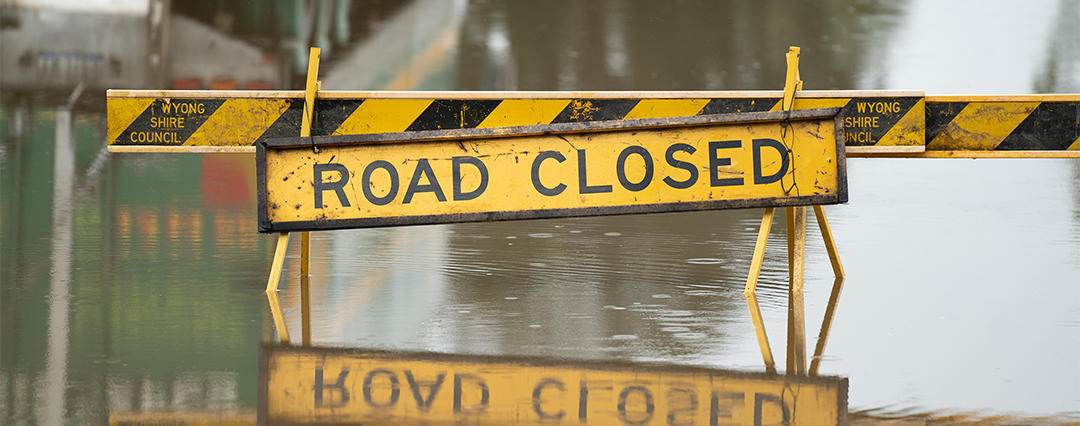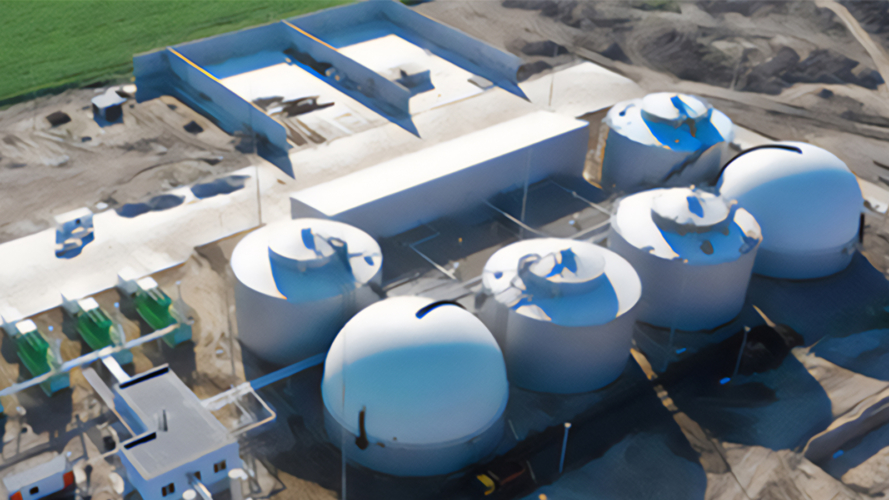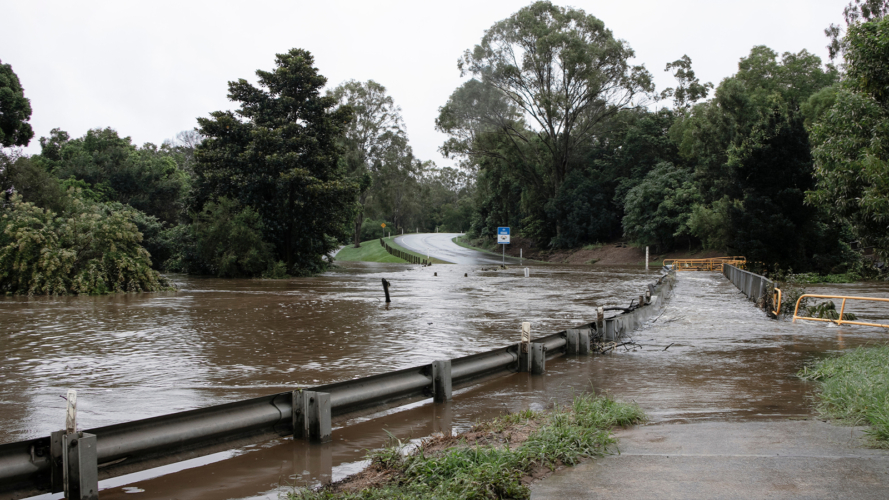
Navigating Climate-Related Risks for Mandatory Reporting
February 1, 2024
As climate change increasingly poses financial risks to businesses and investors, disclosing your climate-related risks and opportunities is becoming mandatory for large businesses and financial institutions in Australia.

Identifying and assessing how climate change can affect your people, business model, operations, value chain and financial position as well as understanding your greenhouse gas emissions are crucial steps in building business resilience. This important first step allows you to identify climate-related risks and opportunities, establish a robust strategic plan, and communicate progress towards business goals.
By taking these actions, businesses can build the foundation for emerging climate-related reporting requirements and meet stakeholder expectations. One such requirement is the new climate-related draft ED SR1 Australian Sustainability Reporting Standards (ASRS) mandatory for companies meeting the proposed reporting threshold from mid-2024.
In response to an increasing demand for consistent reporting on climate-related matters, the Australian Accounting Standards Board (AASB) released the draft ASRS standards focused on climate-related financial disclosures. ASRS were developed using global IFRS S1 and IFRS S2 sustainability standards for the Australian context. IFRS Standards fully incorporate the recommendations of the Task Force on Climate-related Financial Disclosures (TCFD) and its four pillars — governance, strategy, risk management, targets and metrics.
As climate risk and sustainability experts, Cress can support you to meet the reporting requirements of the Standard. This includes:
- identifying and assessing governance processes, controls and procedures,
- establishing a strategic approach to managing risks,
- identifying, assessing, prioritising and monitoring climate-related risks and opportunities, and
- measuring scope 1, 2 and 3 emissions, as well as establishing realistic targets for performance.
If you would like to know more about how Cress can assist you in assessing your climate risks and meeting the new standards, please contact us.


